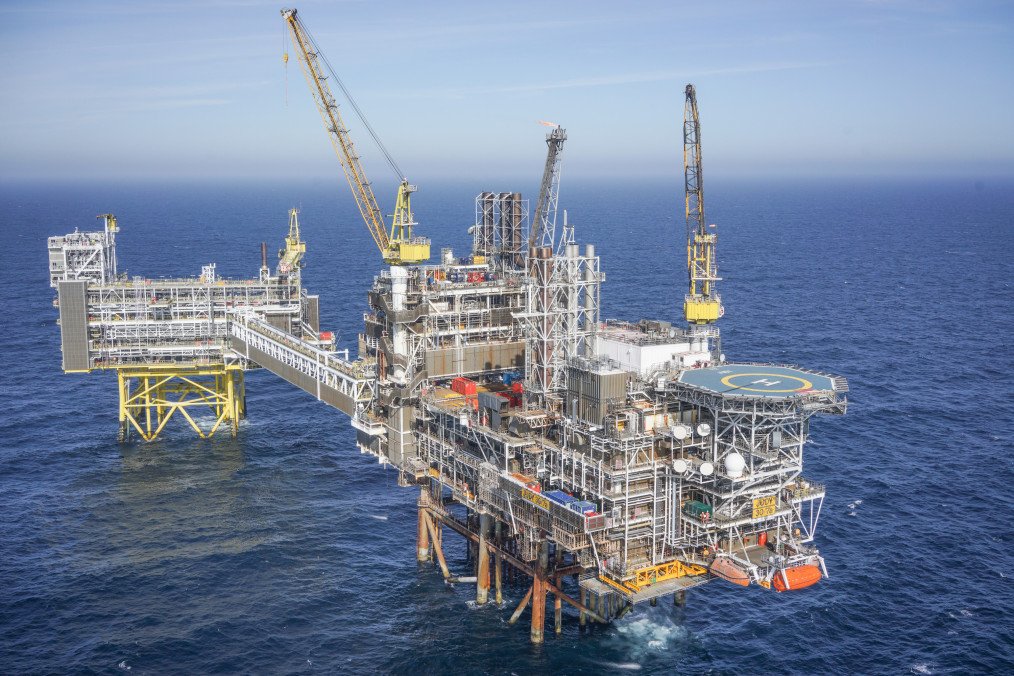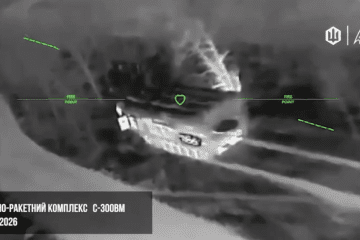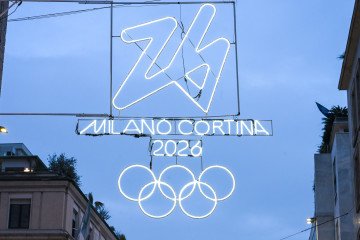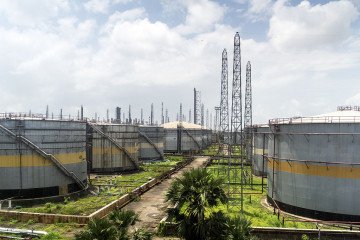- Category
- Latest news
Sanctioned Russian Oligarchs Hold Stakes in UK’s Largest Oil Producer

Two sanctioned Russian oligarchs have become part-owners of the UK’s largest oil producer following the completion of a deal to acquire a German company.
The investment company LetterOne, partly owned by oligarchs Mikhail Fridman and Petr Aven, now holds nearly 15% of Harbour Energy, the largest oil and gas producer in the UK.
LetterOne itself was not sanctioned, and both Fridman and Aven have no contact with the firm nor receive any share of its profits.
Harbour Energy acquired most of the oil and gas production assets of Wintershall DEA, a Germany-based firm previously owned by the chemicals giant BASF.
LetterOne is a part-owner of Wintershall, and as part of the deal, its shares in Wintershall were exchanged for shares in Harbour Energy.
However, some of Wintershall’s Russia-linked assets, including a joint venture with Gazprom, remain with BASF and were not included in the deal.
Under the terms of the agreement, LetterOne will not have voting rights in Harbour Energy but will receive a share of the company’s profits in the form of dividends. These shares could potentially convert into voting shares if Fridman and Aven are no longer sanctioned.
LetterOne owns a diverse portfolio of global assets valued at $18 billion (£13.8 billion), including the health food retailer Holland and Barrett. Fridman and Aven, who were sanctioned in March 2022 shortly after the Russian invasion of Ukraine, together own just under 50% of LetterOne, with most of the remaining shares owned by another Russian, Andrei Kosogov, who is not sanctioned.
In 2022, the UK government forced LetterOne to sell a regional broadband provider, Upp, over concerns that it posed a “risk to national security.” LetterOne denied this claim and is appealing the decision.
Louis Wilson, head of fossil fuel investigations at the campaign group Global Witness, criticized the deal, stating, “The UK government and Harbour should have run a mile from this deal. A company part-owned by sanctioned Russian oligarchs, which the Tories considered too much of a security risk to own a few thousand UK broadband connections, has been given a big chunk of the UK’s biggest oil producer. Oligarchs should have no place in the UK’s energy industry.”
In response, a spokesperson for LetterOne said: “LetterOne is committed to making long-term investments in businesses that matter. We are proud to be part of a bigger, stronger UK energy business that will bolster energy security, increase investment, and create jobs while helping deliver the nation’s ambitious energy transition goals.”
Harbour Energy didn’t comment on the issue.
In July, the UK imposed sanctions on 11 additional oil tankers involved in aiding Russia’s export of supplies to customers, including some linked to a shadow fleet.
However, a significant increase in the use of “shadow fleet” tankers has been observed, as these covert networks continue to transport oil in violation of international sanctions. This surge in activity is directly linked to efforts by countries like Russia to bypass restrictions imposed due to geopolitical tensions, particularly the invasion of Ukraine.
In addition, Russian crude exports to Hungary and Slovakia remained steady in July, as the impact of sanctions on Lukoil was offset by increased supplies from another Russian company, Tatneft.
-ba02b3bc86f0b624f99115809a6a34d0.jpg)

-111f0e5095e02c02446ffed57bfb0ab1.jpeg)

-c439b7bd9030ecf9d5a4287dc361ba31.jpg)


-72b63a4e0c8c475ad81fe3eed3f63729.jpeg)